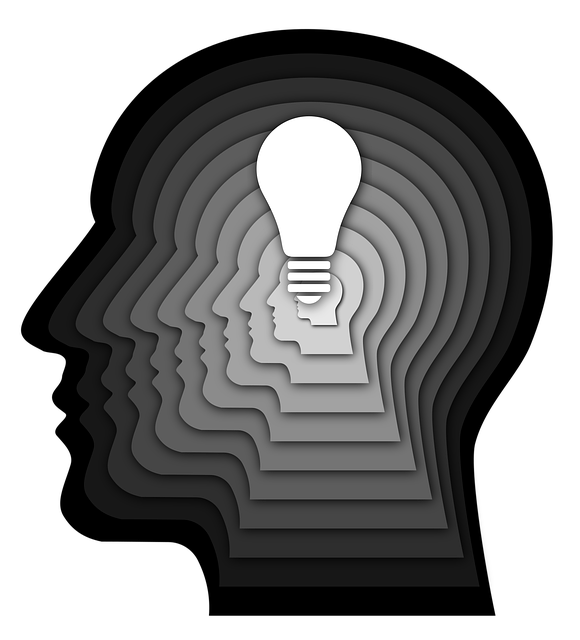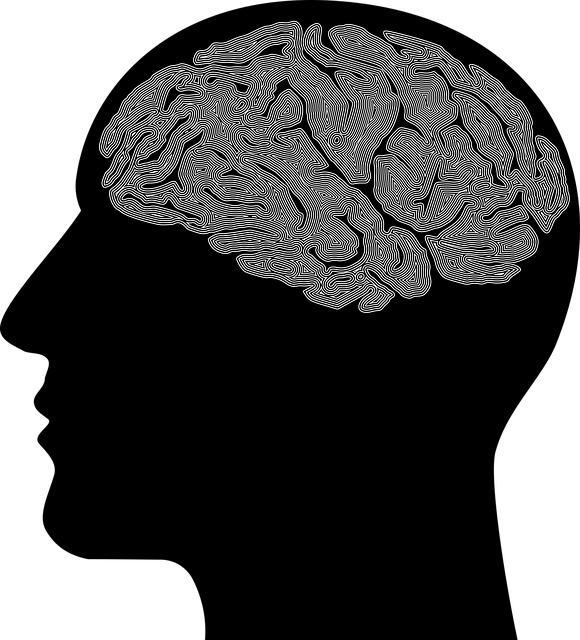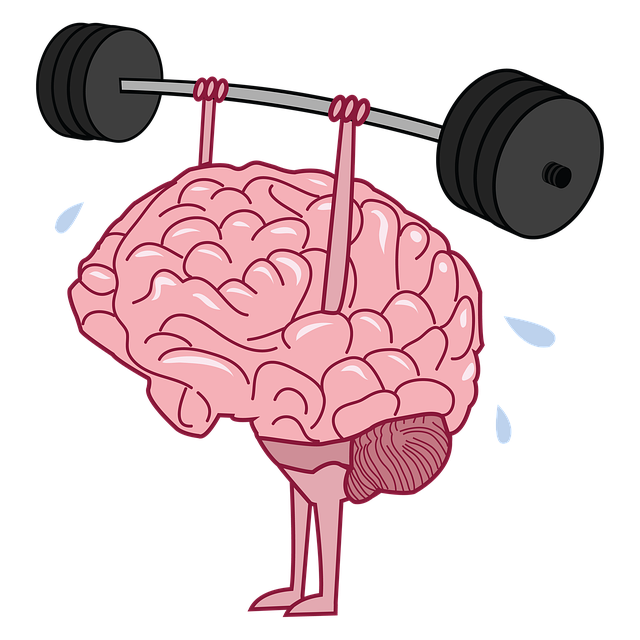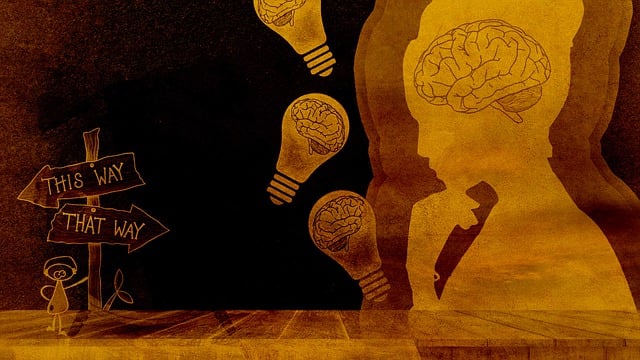Lone Tree Mental Health Evaluations are a crucial first step in therapy, offering a holistic view of an individual's psychological well-being through comprehensive tools like questionnaires, interviews, and behavioral observations. This multi-faceted approach ensures personalized treatment plans tailored to specific needs, such as social skills training. Evaluating these programs requires a strategic blend of quantitative (surveys, tests) and qualitative methods, including emotional regulation assessments and podcast series production techniques. A combination of standardized assessments, interviews, focus groups, and reflection journals enables practitioners to measure success, drive continuous improvement, and optimize resilience-building strategies while preventing burnout among participants.
“Uncovering the essence of effective mental wellness programs involves a meticulous evaluation process, as highlighted by Lone Tree Mental Health Evaluations—a cornerstone for tailoring therapy. This article navigates the critical landscape of program assessment, beginning with an exploration of Lone Tree’s foundational approach, which emphasizes data-driven insights for personalized treatment. We delve into key evaluation methods, from qualitative to quantitative techniques, enabling continuous improvement. By adopting these strategies, mental health professionals can measure success, enhance patient outcomes, and foster thriving communities.”
- Understanding Lone Tree Mental Health Evaluations: A Foundation for Effective Therapy
- Key Methods in Mental Wellness Program Evaluation
- Measuring Success: Assessment Tools and Techniques for Continuous Improvement
Understanding Lone Tree Mental Health Evaluations: A Foundation for Effective Therapy

Lone Tree Mental Health Evaluations serve as a foundational step for effective therapy, providing a clear understanding of an individual’s mental wellness landscape. These evaluations go beyond surface-level assessment by delving into various aspects of a person’s psychological well-being, including mood, anxiety, and interpersonal relationships. By examining factors like self-esteem improvement and empathy building strategies, therapists gain valuable insights to tailor treatment plans.
The process often involves comprehensive questionnaires, structured interviews, and behavioral observations to capture the individual’s experiences and challenges. This data helps in identifying areas where social skills training might be beneficial, fostering a more supportive and connected therapeutic environment. Ultimately, Lone Tree Mental Health Evaluations are instrumental in guiding therapists towards evidence-based practices, ensuring personalized care for optimal mental wellness outcomes.
Key Methods in Mental Wellness Program Evaluation

When evaluating mental wellness programs, such as those provided by Lone Tree Mental Health, a multifaceted approach is essential to ensure effectiveness and positive outcomes. Key methods include quantitative assessments, qualitative feedback, and comprehensive data analysis. Quantitative measures like surveys and standardized tests gauge improvements in symptoms, while qualitative techniques, such as interviews or focus groups, offer insights into participants’ experiences and perceptions of the program’s impact.
The integration of Mental Wellness Podcast Series Production techniques enhances evaluation depth by capturing personal narratives and diverse perspectives. Additionally, analyzing policy documents and advocacy efforts within the context of Mental Health Policy Analysis and Advocacy provides a broader understanding of systemic influences on mental wellness initiatives. Emphasizing emotional regulation as a core aspect of program assessment helps in gauging participants’ ability to manage and improve their emotional well-being.
Measuring Success: Assessment Tools and Techniques for Continuous Improvement

Measuring success is a critical component of any mental wellness program evaluation, enabling continuous improvement and ensuring that services align with participants’ needs. Lone Tree Mental Health Evaluations therapy often employs a multi-faceted approach to assessment, combining quantitative and qualitative methods for a comprehensive understanding. Standardized assessments, questionnaires, and surveys are valuable tools for gauging progress in areas like depression, anxiety, and stress levels, providing quantifiable data for analysis.
Additionally, ongoing feedback from participants themselves is essential, as it offers insights into their experiences within the program. This can be collected through interviews, focus groups, or regular reflection journals, allowing for a deeper exploration of individual journeys. Integrating these diverse evaluation techniques—from formal Mental Health Education Programs Design to personal narratives—enables practitioners to identify areas of excellence and opportunities for growth, ultimately enhancing resilience-building and burnout prevention strategies within the program.
Evaluating mental wellness programs is a crucial step towards ensuring effective support for individuals seeking therapy. By utilizing various methods, such as Lone Tree Mental Health Evaluations, professionals can gain valuable insights into the program’s effectiveness. These evaluations form a robust foundation for tailoring treatments to meet individual needs, fostering better outcomes. With continuous improvement guided by assessment tools and techniques, mental wellness programs can offer sustainable support, ultimately enhancing the well-being of those engaging in therapy.














